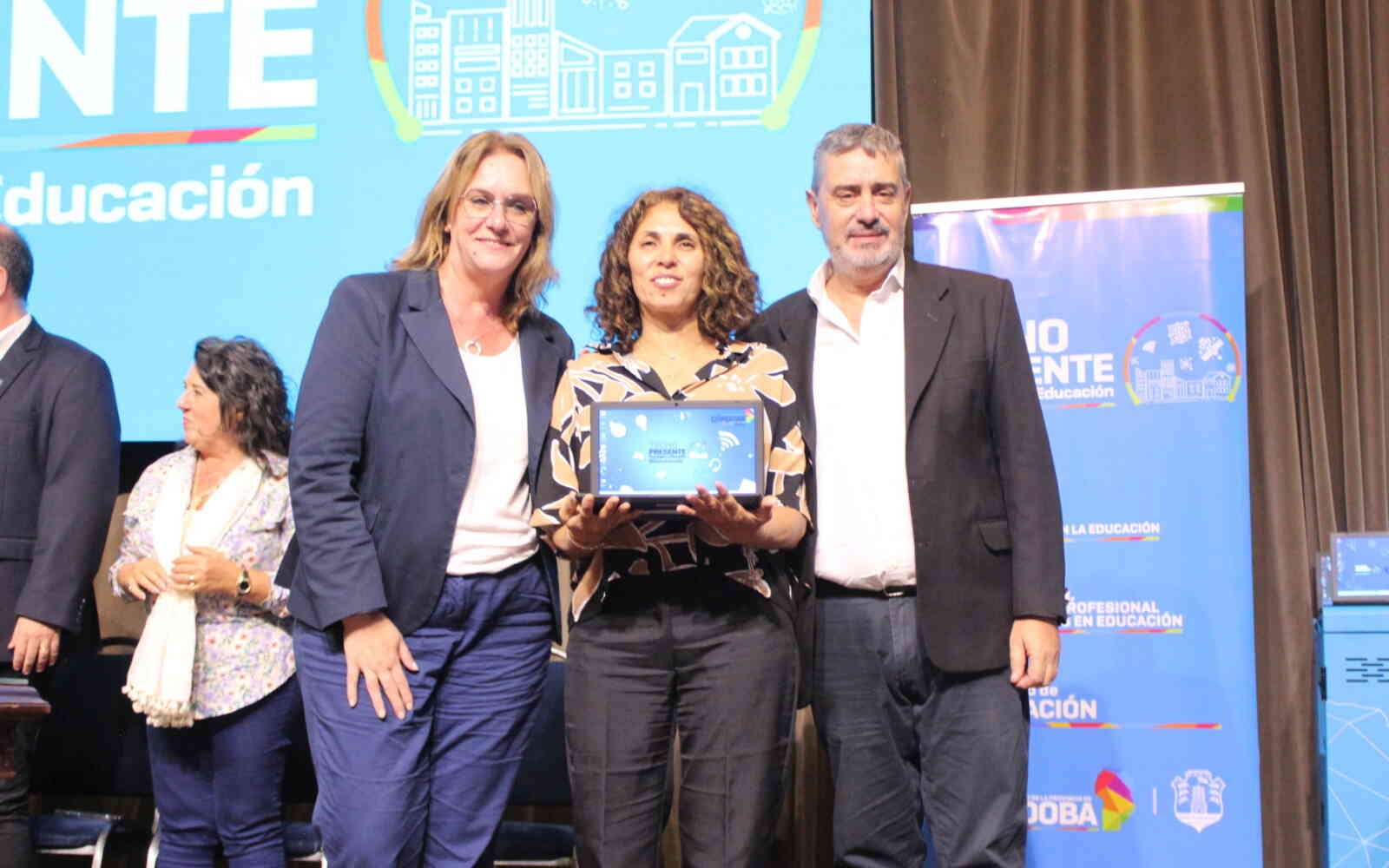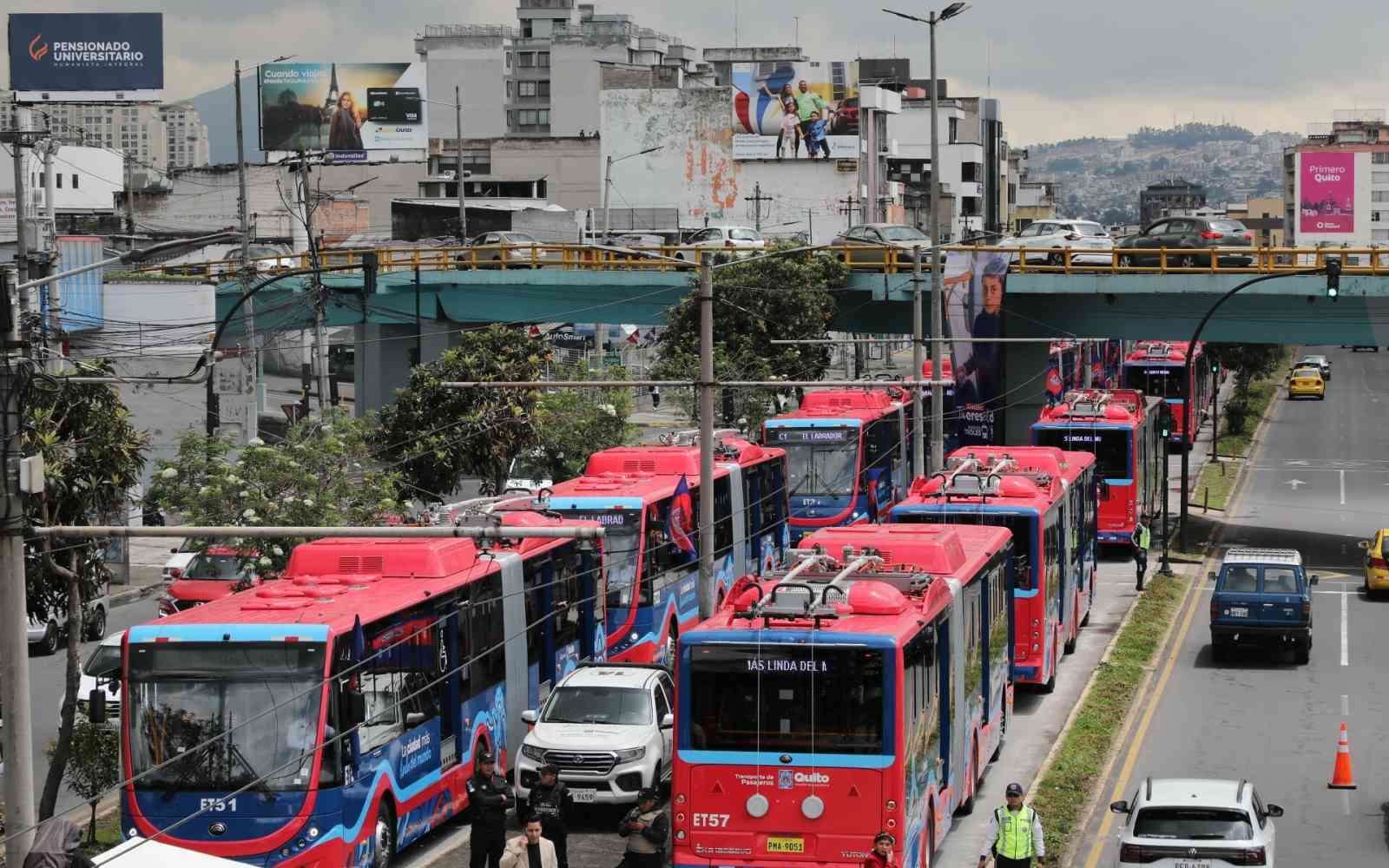The United Nations Office for Project Services (UNOPS)

Combating water scarcity in Peru
Some 63,000 small farmers living in rural poverty and operating in vulnerable ecosystems will benefit from a series of environmental studies in Peru.
At the request of the National Water Authority of Peru, the United Nations Environment Programme (UNEP) and UNOPS are implementing the Pro Ica project. The project aims to develop engineering studies that will create an appropriate and sustainable way of managing water in the Pisco river valley and in the Seco River Gorge area on the south coast of Peru.
Peru is a country with vast natural resources and rich biodiversity. Yet years of misuse of water resources by the manufacturing industry, effects of climate change, a growing population and inadequate agriculture practices have increased water scarcity and slowed down efforts towards sustainable development. This is compounded by the fact that country-wide water distribution is uneven due to mismanagement. For example, the Peruvian coast is home to more than 55 percent of the country's population, yet has access to less than two percent of its fresh water supply.
There are sectors of the Pisco River Valley where we have lost thousands of hectares of cultivable land because of a lack of water. The technical studies carried out by UNOPS are very important for the management of water and help us plan our projects and discuss them with the authorities and related institutions

UNOPS and the United Nations Environment Programme (UNEP) are jointly working with the National Water Authority (ANA) to strengthen institutional capacities for integrated water management. Together the organizations design, develop and monitor technical environmental studies, environmental impact studies and others to improve sustainable water management in the country.
By implementing integrated water resources management into specific projects, UNEP contributes to strengthening governance, green infrastructure, ecosystem services and water efficiency aspects, benefiting local populations, while protecting sources.
Currently, four projects across Peru are using specialized engineering studies to optimize irrigation systems and promote integrated water management. These initiatives have been designed to generate reliable information that will inform decision-making at the ANA and improve local livelihoods.
The joint work includes active community participation in its design, ensuring that it offers real opportunities to the local population. In over 300 meetings with community leaders, the integrated water resources approach helps strengthen existing initiatives such as farmers committees, modern irrigation proposals, productive reconversion and habitats restoration.
A series of 82 capacity building initiatives, developed as part of the projects, have reached over 1,600 participants, including government officials and irrigation workers. Workshops have helped improve knowledge on subjects such as numerical modelling, groundwater hydrology, gauging methodologies and the use of specialized equipment. Over 750 interviews with members of the public have further helped to raise awareness about the projects and their expected benefits.




Training workshops with communities have been well received by beneficiaries like Rebeca Uribe del Aguila, a specialist staff member at the ANA, who said: "…the training that we have received on modern methodologies for measuring river flow and gauging was excellent. To learn about the use of software for these measurements is something that contributes to our work."
As agencies of the United Nations (UN), UNEP and UNOPS are committed to achieving the objectives of sustainable development. Working within the principles of excellence, transparency, accountability and access to information, these agencies prioritize the welfare of the most vulnerable communities in accordance with the UN mandate.













